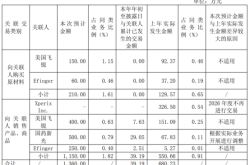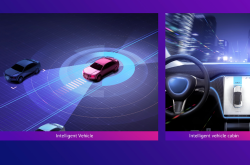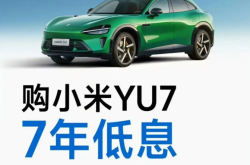After a half-year test drive of Xiaomi SU7, Ford CEO gave such comments
![]() 11/01 2024
11/01 2024
![]() 641
641
Lead
Currently, the competitiveness of Chinese electric vehicles (EVs) in the global market is undeniable. Among the list of fans, there is now one more addition – Jim Farley, the global CEO of Ford.
Produced by | Heyan Yueche Studio
Written by | Zhang Chi
Edited by | He Zi
Total words: 2476
Reading time: 4 minutes
Surprisingly, Jim Farley, the global CEO of Ford, has become a "Xiaomi fan".
Recently, in an exclusive interview, Jim Farley revealed that he has been driving Xiaomi SU7 for the past half year and even expressed reluctance to switch to other models. Previously, this Xiaomi SU7 was airlifted directly from Shanghai to Chicago so that Jim Farley could experience the model as soon as possible.
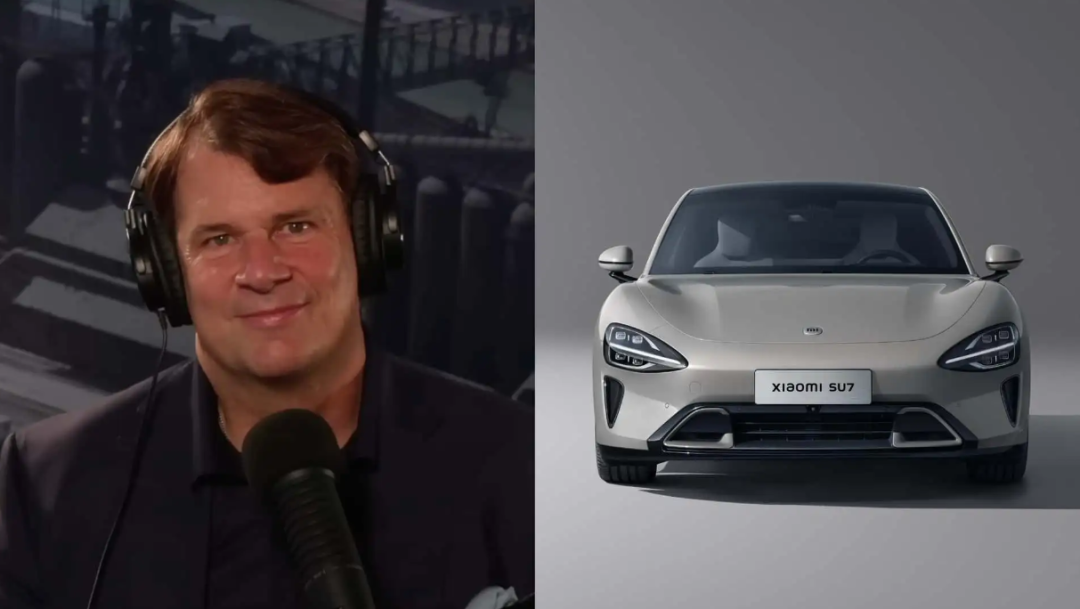
△Jim Farley sings high praise for Xiaomi SU7
Disassembling new cars as a "learning path"
It is not uncommon for automakers' executives to test drive competitor models, and disassembling competitor models has always been an important task for automakers' R&D centers. Before the launch of Xiaomi SU7, Lei Jun also had an in-depth experience with the Porsche Taycan. As Xiaomi's second model is about to be launched, Ferrari's SUV Purosangue may become the main benchmark model for Xiaomi Automotive's senior management.
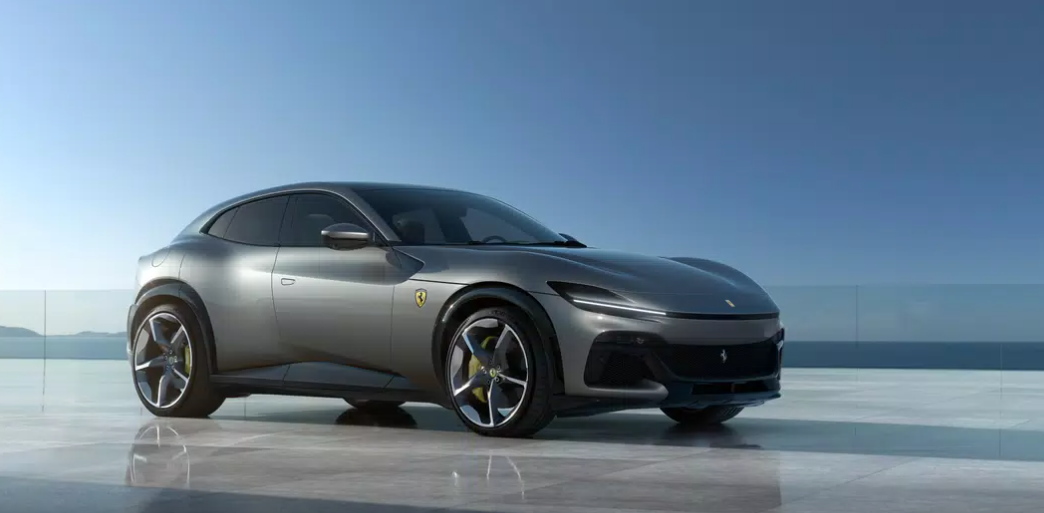
△In-depth test drives of competitor models is also a tradition for Xiaomi Automotive
However, in the EV field, due to domestic automakers far outperforming European and American automakers in terms of product strength and cost-effectiveness, Chinese EVs have become the object of imitation. Ford is not the first automaker to purchase Xiaomi SU7 for benchmarking research. Media reports have also stated that the American new-energy automaker Rivian previously disassembled a Xiaomi SU7 to seek low-cost solutions. In addition to Xiaomi SU7, the American research institution Caresoft Global also purchased a BYD Dolphin for an in-depth analysis to find the secrets of Chinese automakers' cost control. Japan, which shares a border with China, is even more enthusiastic about conducting in-depth analysis of Chinese EVs. BYD's ATTO 3 and NIO's ET5, which are helping BYD compete in the global market, have been compared and analyzed by Japanese automakers and related associations.
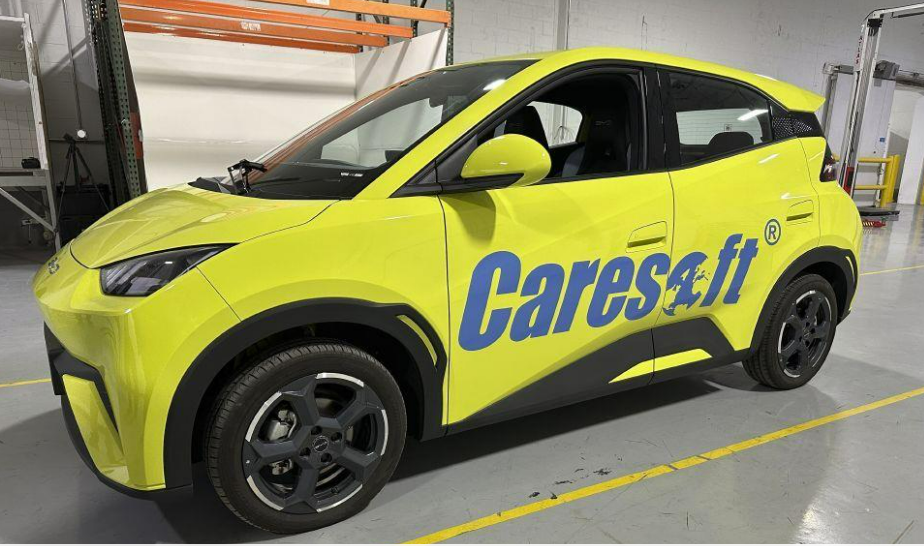
△Chinese EVs are disassembled and analyzed by automakers and research institutions in Europe, America, and Japan
Jim Farley has always focused on the costs of vehicles and components, hoping to find better and less costly solutions. However, it must be said that the significant advantages of Chinese EVs today are actually difficult for overseas automakers to replicate. Currently, China produces 30 million vehicles annually, accounting for one-third of global vehicle production, and domestic vehicle planning capacity exceeds 50 million units. Such obvious overcapacity has led to fierce competition among domestic automakers. Before excess capacity is cleared, price wars will inevitably gradually spread from the domestic market to the global market. Because only by developing new models based on cost-compressed components can automakers gain a foothold in the market through cost-effectiveness and survive. Many automakers are even willing to sell cars at a loss, bringing the competitive mindset of the internet industry into the traditional automotive industry. This type of competition is unprecedented for European and American automakers. Therefore, it is difficult for foreign automakers to compete head-on with Chinese EVs in the short term.
Who is Ford's biggest competitor?
However, being unable to compete does not mean completely giving up competition. To this end, Ford has established a dedicated team in California, the most creative state in the United States, hoping to achieve fundamental breakthroughs to help Ford regain its competitiveness. The main task of this team is to find ways to help Ford establish competitiveness against Chinese EVs and even surpass them in key areas. This team, considered the future of Ford, has the highest resource access privileges within Ford. Some costs are even difficult for Jim Farley himself to directly obtain in the early stages.
In addition, Ford has adjusted its EV strategy this year. In the short term, Ford's future strategic focus is no longer on pure electric business. According to Ford's own plan, the next step will not only reduce the capital expenditure of the pure electric vehicle business from 40% to around 30% of Ford's budget but also delay the release of the new electric pickup truck and cancel the release plan for the pure electric three-row SUV. This adjustment is due to the fact that, externally, the global demand for EVs is lower than expected, and the density of charging infrastructure is insufficient; internally, multinational automakers like Ford cannot achieve profitability in the EV business or create EVs that can compete with Chinese EVs.
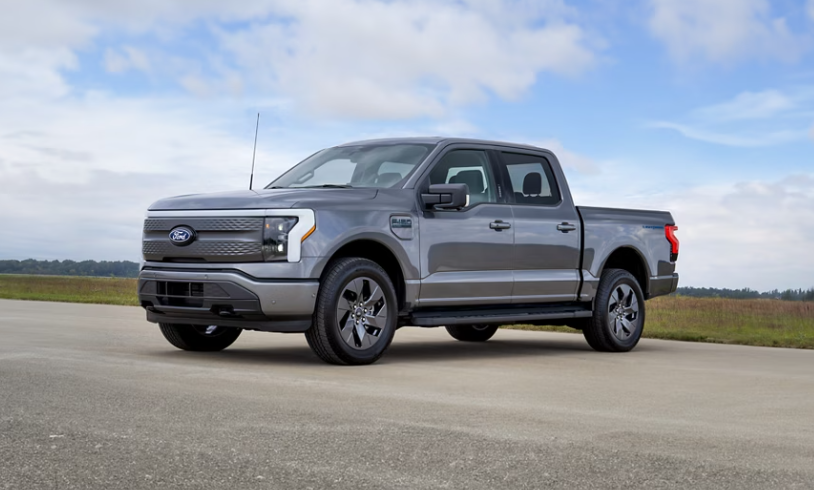
△Ford has made significant adjustments to its overall EV strategy this year
Jim Farley also mentioned BYD's strong strength in this interview. The latter has surpassed Tesla to become the world's largest EV manufacturer in terms of sales. At the same time, Jim Farley also sang high praise for the extended-range technology favored by many domestic new-energy automakers, believing that this technical solution, which allows a single tank of fuel to travel over 1,000 kilometers, can well alleviate range anxiety caused by insufficient charging facilities. Next, Ford will also focus on hybrid models, especially plug-in hybrid models with longer pure electric driving ranges. Leveraging Ford's accumulation in the internal combustion engine field to create more outstanding hybrid technology is the only remaining path for Ford to surpass domestic competitors.
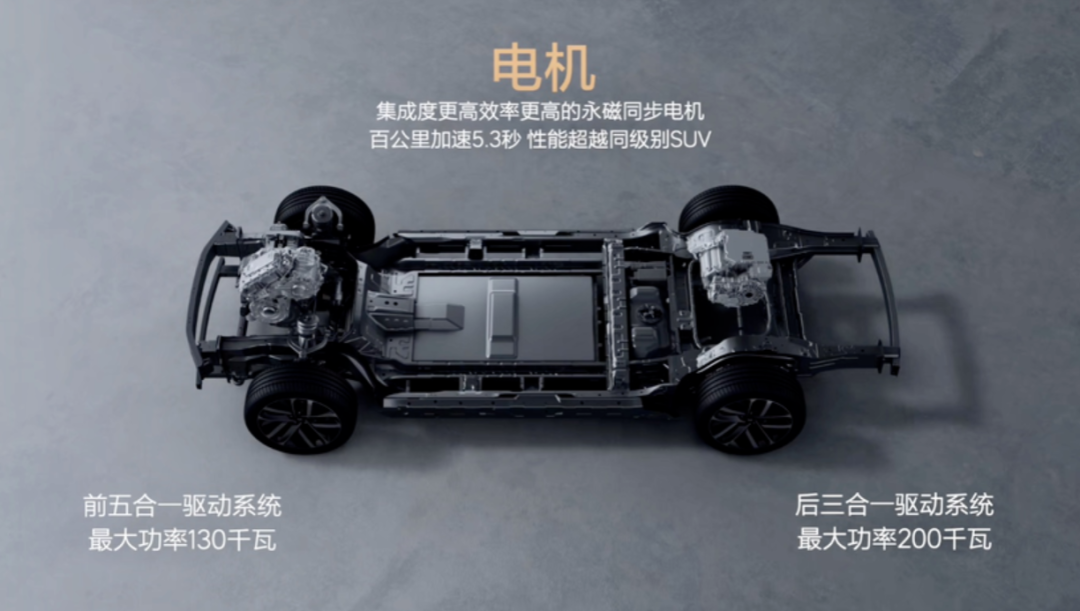
△Jim Farley also favors extended-range technology
How can Ford break the deadlock in China?
In China, Ford faces the same situation as other foreign automakers, needing to reposition itself and solve the problem of how to survive.
As an EV made by a mobile phone company, Xiaomi SU7 has sold well in the domestic market, becoming a successful case of cross-industry vehicle manufacturing. Since deliveries began on April 3 this year, as of September 30, Xiaomi SU7 has delivered a cumulative total of 69,790 units, exceeding 13,000 units for four consecutive months, maintaining its position as the sales champion among mid-to-large pure electric sedans. In the fourth quarter, Xiaomi Automotive has set a monthly delivery target of 20,000 units. In contrast, Chang'an Ford sold only 24,213 units in September 2024. It should be noted that Chang'an Ford has a relatively complete model lineup, while Xiaomi Automotive only has one model on sale. Such sales performance cannot but make Jim Farley envious.
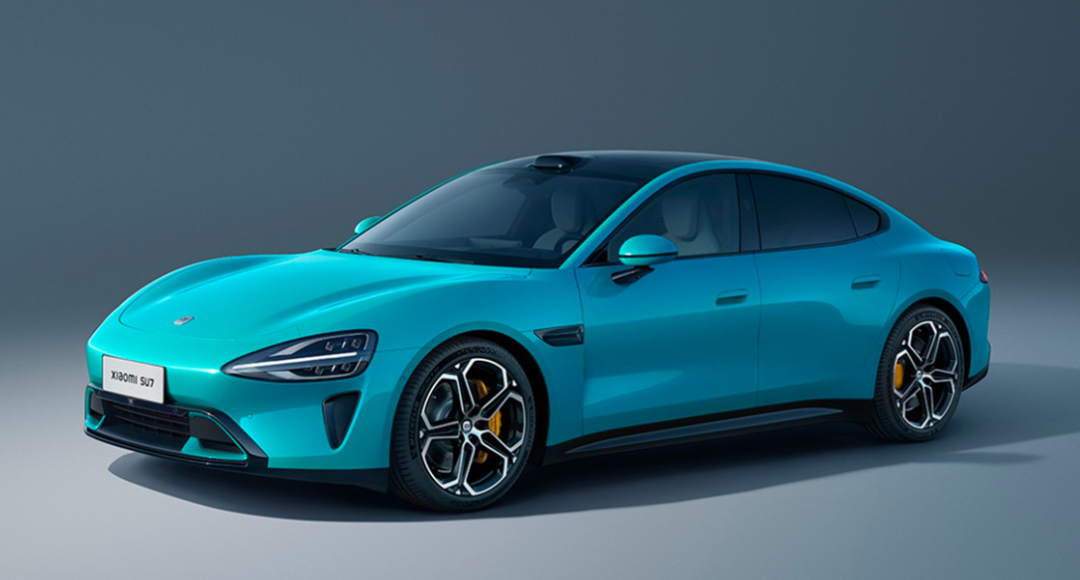
△How could Jim Farley not be envious of Xiaomi Automotive's development trend
Today, Ford pins its hopes for stabilizing the situation in China on the rugged off-road SUV Bronco and the mid-size pickup truck Ranger, using these two models as the foundation to integrate other Ford SUVs to create Ford Horizon, a new brand. Rugged off-road capability is not just about a boxy shape and a BorgWarner four-wheel drive system. Decades of accumulation in chassis engineering development has allowed Ford to have its own unique strengths in the rugged off-road field.
Although the market for Ford Horizon is niche, its profits are not low. Therefore, Ford China adopts a defensive stance in the traditional sedan and urban SUV segments but continues to make efforts in rugged off-road models, complemented by timely adjustments and contractions in the overall strategy. There is still a great possibility for Ford China to achieve profitability. As for how to regain momentum in the future, it depends on what disruptive new technologies Ford's California innovation team can bring to Ford China.

△The market for Ford Horizon is relatively niche
Commentary
Within Ford, Jim Farley is highly expected by the entire board of directors. Before Jim Farley officially became CEO, Ford dismissed Mark Fields, who had a very high reputation internally, and brought in cost management master Jim Hackett to handle the difficult and thankless tasks of layoffs and cost reduction. From this interview, we can see Jim Farley's pragmatism and frankness. Temporary setbacks in the EV field will not stop Ford's progress. Relying on the global market popularity of pickup trucks and rugged off-road SUVs, especially in the US market, Ford's profitability still far surpasses that of any domestic automaker. As long as Ford is given time, it will surely find its own survival path in the era of smart EVs. Before traditional automakers like Ford complete their strategic adjustments and make efforts, domestic automakers should accelerate the expansion of their advantages.

